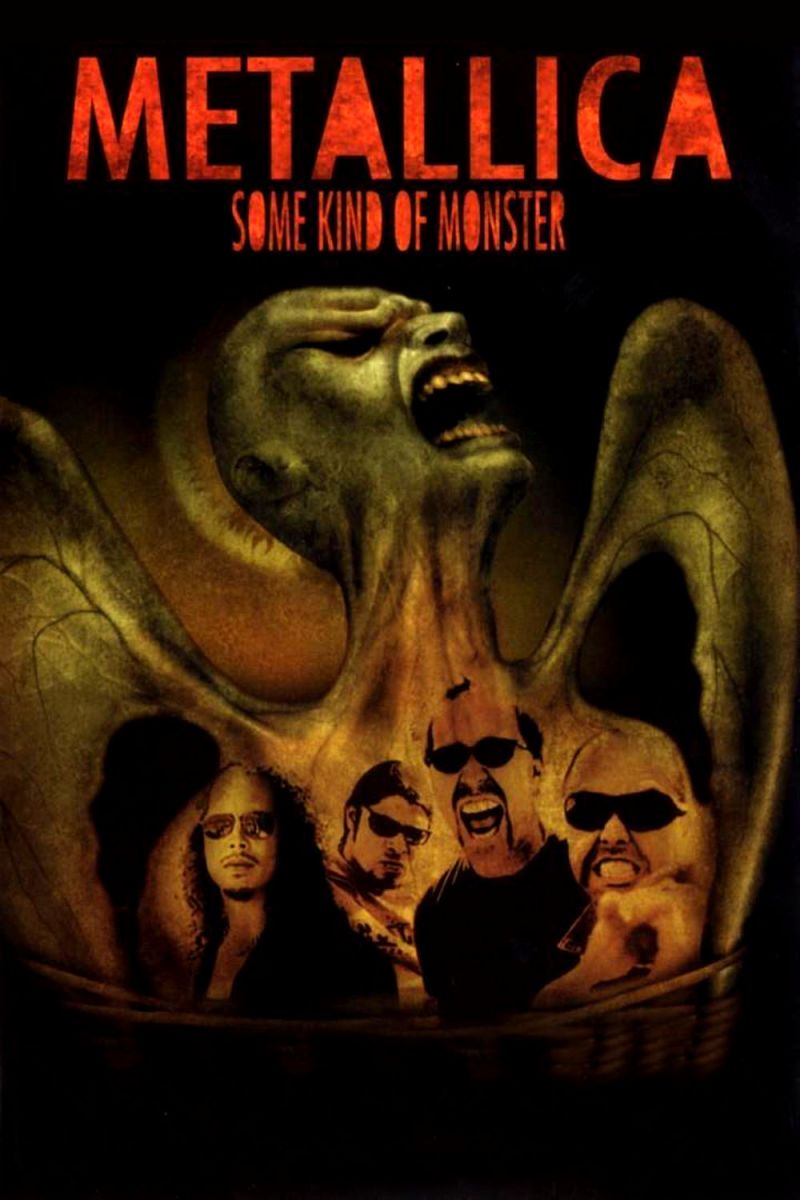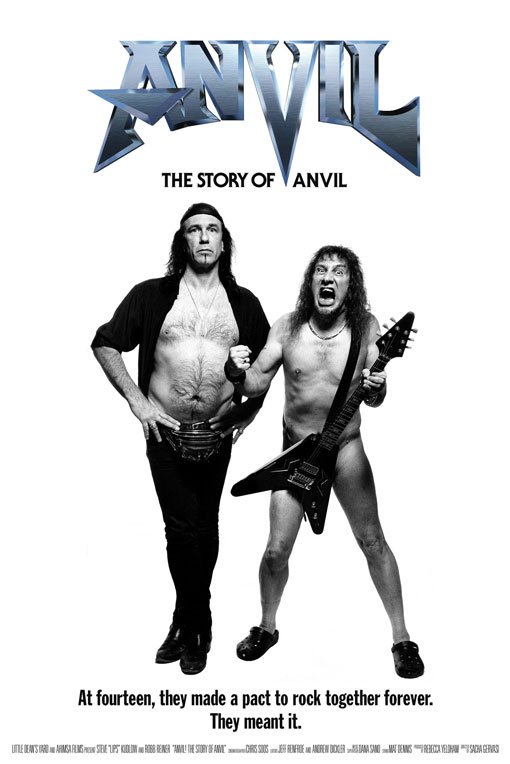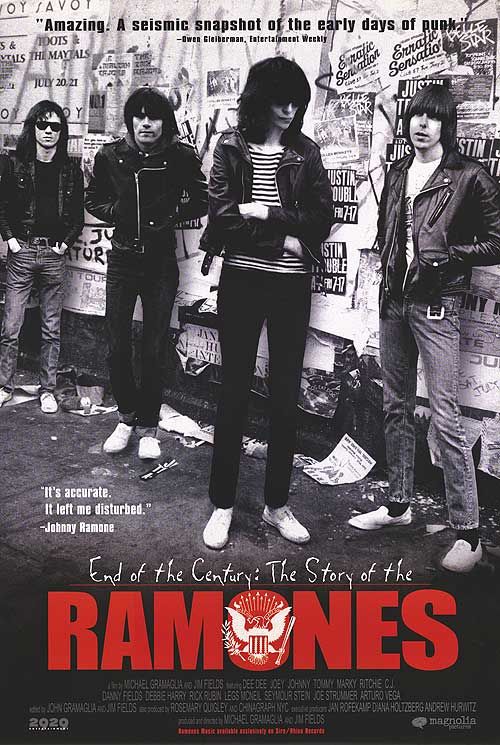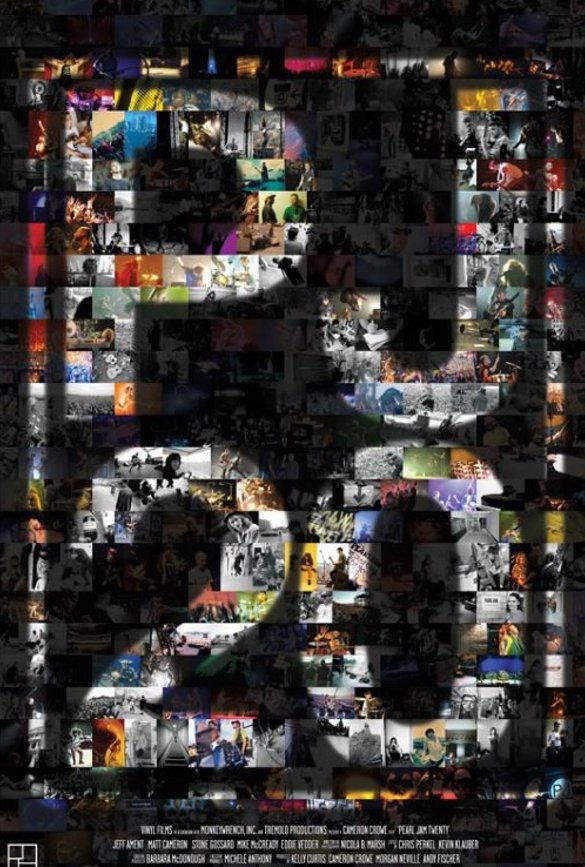UNTIL THE LIGHT TAKES US - 6.5
Directed by Audrey Ewell, Aaron Aites

Varg Vikerness, ‘Count Grishnackh’ to his minions and owner of black metal band Burzum to others, killed his rival Euronymous, of the band Mayhem and godfather of the Norwegian black metal movement. In Until the Light Takes Us, he describes said murder in great detail facing a camera in a fancy Norwegian prison. I could be wrong but I thought I saw a sense of pride in his narration of the story. In another scene, Frost, from Satyricon, sets a room on fire and then proceeds to slowly stab himself in the neck and across his arms, while people around him watch this dystopian performance art exhibit (he doesn’t die). Yet another scene narrates how a guy named ‘Dead’ (LOL) shot himself. Euronymous, the first person to discover Dead’s dead body, clicked a picture before doing anything else. The picture became a bootleg album cover, which we’re shown. Another guy praises yet another dead guy for “killing a faggot”. Churches are burnt frequently. And there’s lots more where that came from. Until the Light Takes Us is a chilling account of the early Norwegian black metal/possibly-anarcho-terrorism movement. It’s fascinating, compelling, entirely unrelatable, and frightening to watch. And worst of all is Varg speaking like a Fascist dictator with world views that should rightly scare all sane people – he’s articulate, reasonable, intelligent, witty, and completely batshit insane.
SOME KIND OF MONSTER - 6.5
Directed by Joe Berlinger, Bruce Sinofsky

As a non-fan, Metallica, to me, always seemed like these larger than life angry sons of bitches; a train demolishing to bits everything in its path and thrashing along brutally or something (apologies for the middling language; my metal diction’s a little rusty, seeing as I’ve used it like never). Some Kind of Monster basically changed that glamorous and alluring perception of Metallica for good. In this film, they’re sensitive, caring, cranky old fuddy-duddies trying to deal with the emotional turmoil in the band following Jason Newsted’s departure. So they enlist a camera crew, a therapist slash ‘performance coach’, and Bob Rock as a producer and symbolic father figure, and give us this film. Dave Mustaine, as part of Metallica’s healing process, confronts Lars Ulrich and questions him repeatedly: ‘Do you know what I went through, Lars? Do you know what I went through?’ He starts to well up a bit. I understand that Metallica were going through shit and therapy usually entails some kind of bottled emotional sap coming to the surface, but what the hell is Mustaine being all whiny for? It’s not even his film, man. Let it go; it was some 50 years ago and you have Megadeth now.
Anyway, the premise of the film is basically the recording process of the disaster that was St. Anger, which includes group therapy sessions and an enormous passive-aggressive conflict simmering between vocalist James Hetfield and Ulrich, among other issues. Hetfield departs for alcohol rehab one day, returns a changed man, but still a controlling and obnoxious band leader, and the conflicts deepen, even as Robert Trujillo enters the fray. It’s a candid look, hammy in parts, but also very engaging, with the highlight being Lars yelling ‘fuck’ at the top of his voice right in Hetfield’s face, who remains stone-faced as ever.
ANVIL! THE STORY OF ANVIL - 8.5
Directed by Sacha Gervasi

Two guys, Canadian accents, a dream, and constant failure. Anvil is a struggle to achieve the impossible. The band that got left behind during the halcyon days of heavy metal in the ’80s, while on the brink of success, are now just a couple of 50-something guys working odd jobs trying to recreate that lost magic. But, due to a mixture of a lack of talent and just bad fucking luck, they never seem to quite make it. A European tour, playing to empty crowds and fighting for 100 Euros at a tiny pub, missed trains, band arguments, an expensive album recorded in England which no record label is willing to touch, to just this overwhelming feeling that maybe, just maybe, it’s not worth it, this rock ‘n’ roll dream. This tragic film tracks drummer Robb Reiner and vocalist/guitarist Steve “Lips” Kudlow as they plough on devoid of all common sense. It’s heartrending to watch them suffer over and over again, yet maintaining this lovable delusion that they’ll make it one day. They don’t, not in the film at least, but this brilliant tragicomic tale of perseverance, sort of like a real life version of Spinal Tap, became a huge success, and in turn, the band finally got their day in the sun, as they toured the world, had massive sales, and played with some of the biggest bands around. Makes us all warm and fuzzy.
THE END OF THE CENTURY - 6
Directed by Jim Fields, Michael Gramaglia

What a weirdly dysfunctional bunch of people The Ramones were. This is an exceptional film capturing all those absurd quirks that made The Ramones one of the most influential bands of their time, even as any form of commercial success eluded them while the Pistols and the Clash were busy making big bucks off of a sound that The Ramones popularized in the first place. The socially defective punks come across as endearing and lovable, even as power tussles and tiffs over women, T-shirt payment, media management, and guitarist Johnny Ramone’s focused, bloody-minded, and megalomaniacal approach all come to the fore. Bass player Dee Dee Ramone, with his drawling, drug addled, completely oblivious and deranged views, as well as his short-lived rap career, steals the show, although spare a thought for the nervous and very, very awkward Joey, who defines the sound of a genre with his trademark vocal delivery, and then has his heart broken by his own band mate, Johnny. Johnny also admits to not caring about Joey in the days before Joey’s death, before awkwardly admitting that he did care. It’s ultimately a tragic story of a band that’s shaped the modern alternative sound, with Dee Dee passing away after a drug OD and Johnny also losing his battle with cancer. However, one major glitch, as pointed out by internet cynics, is that some scenes appear to be scripted using cue-cards, and that’s a big no-no in a docu, Sir.
PEARL JAM - TWENTY
Directed by Cameron Crowe

I find myself constantly questioning whether Pearl Jam, one of my favourite bands when I was growing up, are still relevant in this age. Often, unfortunately, I lean toward the negative; that they’re has-beens trying to live a life that’s not for them anymore. After watching the wonderfully crafted Twenty, by Cameron Crowe, though, I’m left thinking otherwise. It documents the story of Pearl Jam as an important band of the past two decades, with splendid backstage and live stage footage running in concurrence to pieces-to-camera delivered by the band members and other guys from the same alternative Seattle scene, also including Chris Cornell, yes. While the success and the tribulations of the band over a period of 20 years are the prime focus, what the film manages best of all is to encapsulate that beautifully raw intensity of one Eddie Vedder, from sequences of him jumping into crowds from 50 feet above to drunk-wrestling with Chris Cornell to stage destruction to his trademark scribbling on himself. To his mesmerizing vocal delivery. It’s just a great film to watch, especially the live performances, and it left me with a nostalgic smile on my face.
This article initially appeared in the Nov-Dec 2012 edition of Rock Street Journal.
Read part I here
Read part II here

Leave a comment